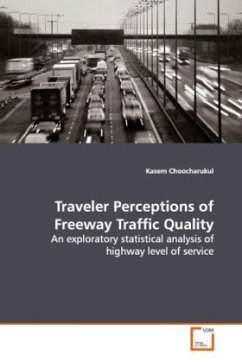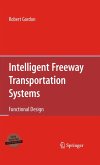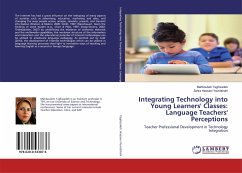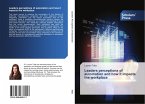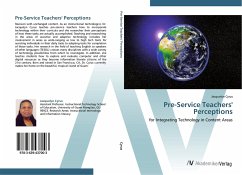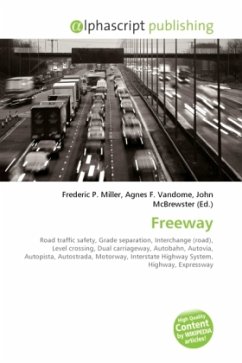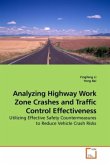The level of service (LOS) concept given in the
Highway Capacity Manual (HCM) has been used as a
qualitative measure representing freeway operational
conditions for over 40 years. One key element that is
not adequately addressed, however, is how travelers
perceive the quality of service. In this book, the
author examines traveler perceptions of freeway
traffic quality in terms of traveler characteristics
and prevailing traffic conditions. Questionnaire
surveys are designed and conducted to quantify
traveler perceptions and the results are
statistically analyzed and compared with the HCM
specification. Findings suggest that the use of
traffic density as a single performance measure for
LOS as currently prescribed in the HCM does not
reasonably reflect the perspectives of travelers.
Several significant attributes in terms of traveler
perceptions are identified through a modeling
approach. This book will be of interest not only to
traffic engineers and practitioners but also to those
who wonder how traffic conditions are evaluated and
interacted with perceptions from travelers.
Highway Capacity Manual (HCM) has been used as a
qualitative measure representing freeway operational
conditions for over 40 years. One key element that is
not adequately addressed, however, is how travelers
perceive the quality of service. In this book, the
author examines traveler perceptions of freeway
traffic quality in terms of traveler characteristics
and prevailing traffic conditions. Questionnaire
surveys are designed and conducted to quantify
traveler perceptions and the results are
statistically analyzed and compared with the HCM
specification. Findings suggest that the use of
traffic density as a single performance measure for
LOS as currently prescribed in the HCM does not
reasonably reflect the perspectives of travelers.
Several significant attributes in terms of traveler
perceptions are identified through a modeling
approach. This book will be of interest not only to
traffic engineers and practitioners but also to those
who wonder how traffic conditions are evaluated and
interacted with perceptions from travelers.

